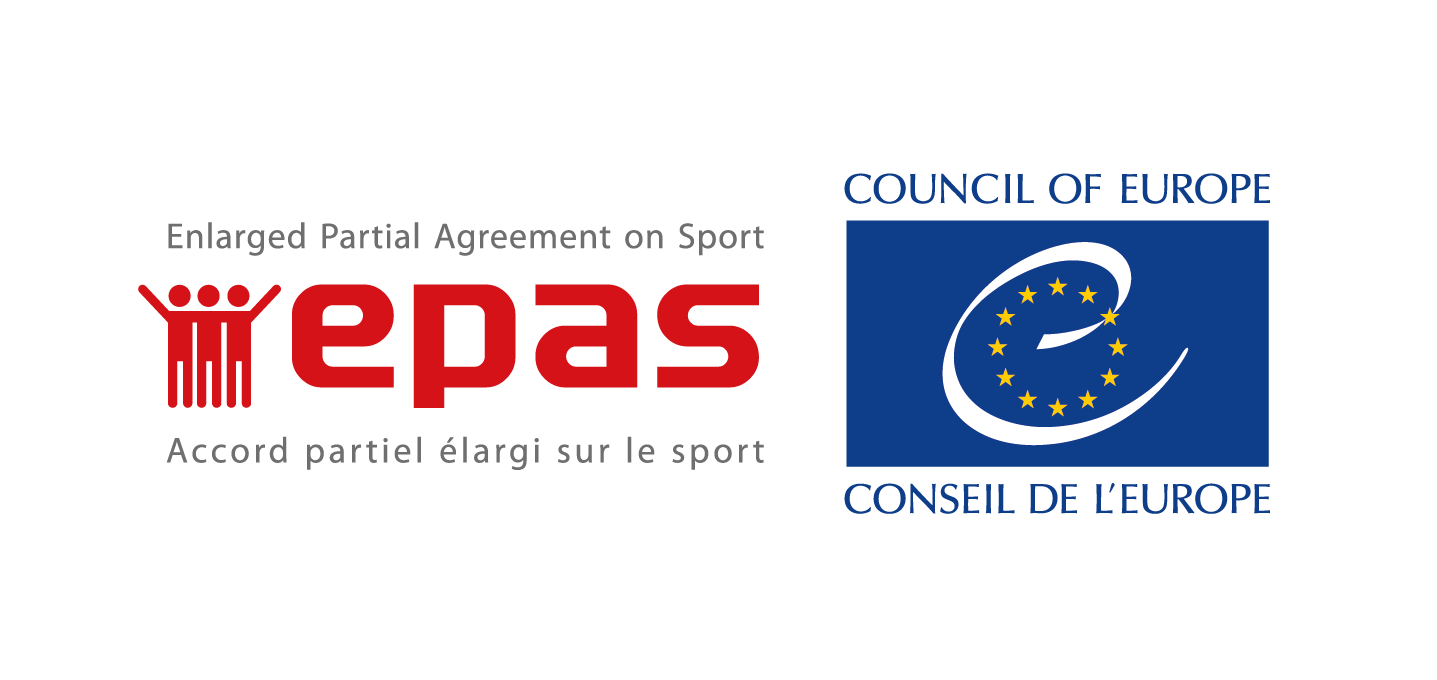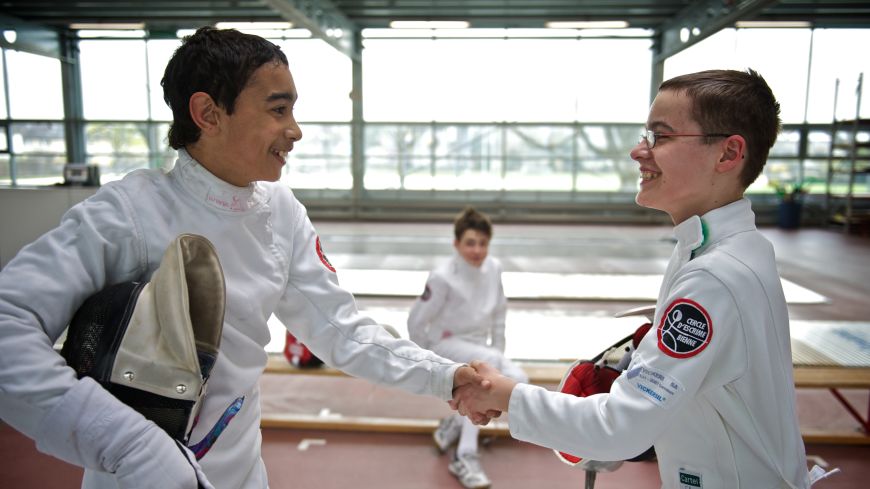The 16th Conference of Ministers responsible for Sport of the Council of Europe has, at its closing session on 11 February, adopted two resolutions:
- A European approach to sport policies: the revision of the European Sports Charter
- Human rights in sport
The session was chaired by Lefteris Avgenakis, Deputy Minister of Culture and Sport, Greece. Closing speeches were delivered by Gabriella Battaini-Dragoni, Deputy Secretary General of the Council of Europe, Niels Nygaard, Acting President of the European Olympic Committees and Mr Avgenakis himself.
Almost 250 people followed the session live online as it was also open to the public and the press.
The closing session was the fifth and final event making up the conference organised by the Council of Europe’s Enlarged Partial Agreement on Sport (EPAS), and held under the Greek Chairmanship of the Committee of Ministers; it followed on from the four other interactive sessions, all of which were spread out over a period of several weeks beginning on 5 November 2020.
Regarding the resolution on human rights, Mrs Battaini-Dragoni said « to ensure that a human rights culture permeates the sports world, we need governments, sports organisations and business alike to buy into it ». She added that the both resolutions provide « a pathway to updating the guidelines that inspire sports policies across member states ».
Mr Nygaard said that « Sport in Europe is at a crossroads. The Covid-19 pandemic has once again clearly shown the contribution that sport makes to our society in social, health and economic terms ». He reiterated, from the European Olympic Committees point of view, the need to preserve the European Sport Model which defends the interplay and solidarity between grassroots and competitive sport.
In his closing speech, Mr Avgenakis outlined the domino effect of developments that have taken hold in Greece following its national Start to Talk campaign launched in partnership with EPAS against sexual violence in sport. The revelations that emerged on this occasion provided the impetus for other athletes to speak up and brought about other initiatives that Greece has now put in place to foster dialogue with members of the entire Greek sports family. He added that “it is time to put an end to attitudes and practices to which, either individually or collectively, we have even tacitly tolerated. Human value, human rights are non-negotiable”.
A press briefing took place after the closing session, with questions from the media addressed to the three speakers on the themes of the two resolutions.
Speech by Gabriella Battaini-Dragoni, Deputy Secretary General
Speech by Niels Nygaard, Acting President of the European Olympic Committees
Speech by Lefteris Avgenakis, Deputy Minister of Culture and Sport, Greece (also available in Greek)








